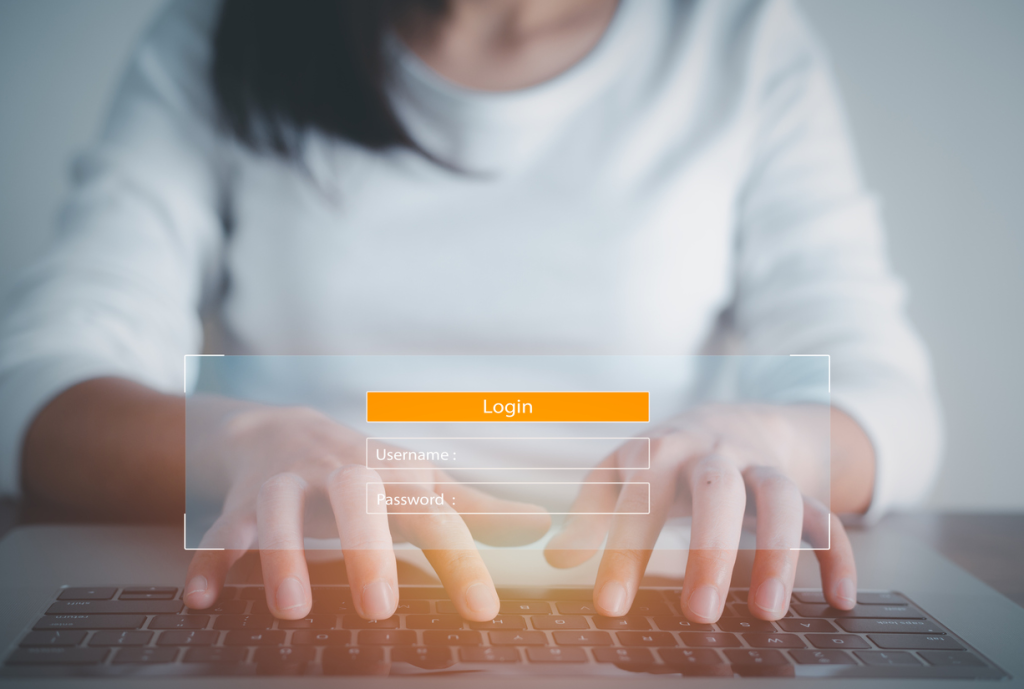
Have you been using the same passwords forever? If so, it is time to change them, after all, they are the keys to your security.
A Recipe for Strong Passwords
Hackers and bots are very adept at retrieving passwords. Here is how to be sure to create strong ones:
- create a sentence: the longer the password the harder to crack.
- be sure to have at least 12 characters
- add a number to the mix
- add a dash or another symbol of your liking
- toss in at least one capital letter
- use the password for only one account
- avoid using anything obvious (avoid children’s or pet’s names, address info, etc)
- avoid utilizing the word “password” itself or “qwerty”
- for extra zest, utilize a word in a foreign language or dialect
- be aware that some sign-ons force you to use their password format and some items above may not be allowed
When to Change Your Passwords
For personal use, Jon Conant, President and CEO of SMB Support Corporation suggests changing commonly used passwords every 30 days. “For my corporate or company clients, I suggest every 30 days. We often remind clients of this important security procedure when we are working with them and we assist them directly,” he said. “I also suggest employing other techniques like multi-factor authorization—which is a multi-step login process where users are asked to enter a password and will then be prompted to input a code or another type of identifier as well.”
Other situations prompt immediate changing of passwords both for individuals and companies, such as:
- a company one utilizes experiences a security breach
- if your account was hacked
- if you used an unsecured network (a bookstore, coffee shop, hotel WIFI, etc.)
- if malware was discovered on your computer
- when you no longer shop with a vendor or haven’t in a long time
- a change in employment
- a change in relationship status
Final thought: Your passwords are the modern-day version of a set of keys. They are your entrance into daily life—both at home and at the office—and a principle source of securing your work, valuables, and intellectual property. Create them well, use them wisely, and try not to lose them.


